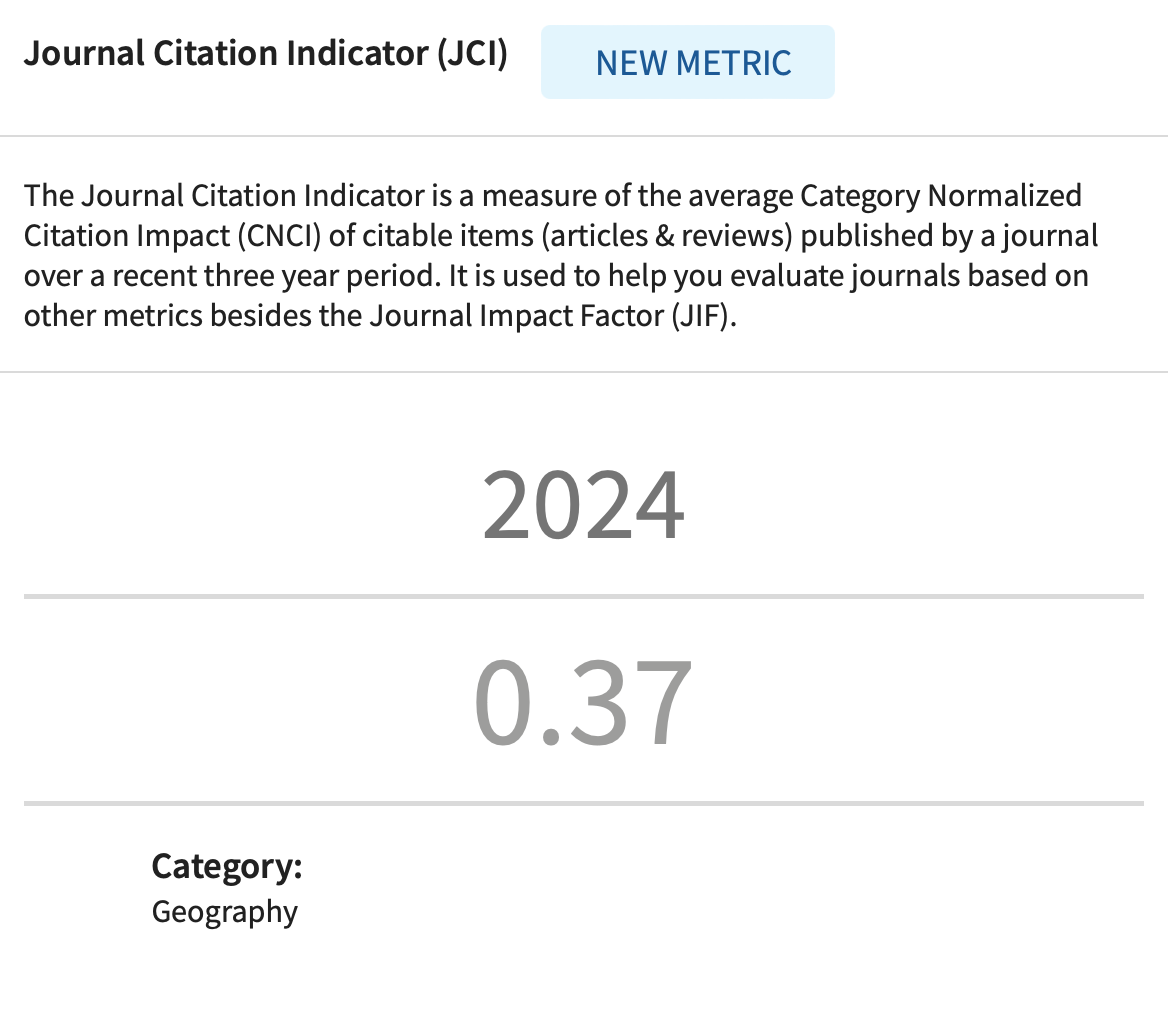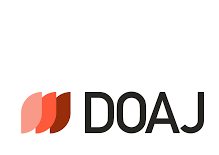THE EFFECTS OF SERVANT LEADERSHIP ON EMPLOYEES’ OUTCOMES IN THE SERBIAN HOTEL INDUSTRY
DOI:
https://doi.org/10.2298/IJGI2303395AKeywords:
hotel management, leadership, employees’ outcomesAbstract
Modern human resource management involves a series of methods that ensure employee satisfaction, intending to achieve organizational goals. The perception of hotel staff as a factor of market success implies the creation of a working environment within which the performance of employees would be adequately used for these purposes. Consequently, the need for extensive research of leaders who will be able to respond to all business and social challenges arises as a basic prerequisite for achieving enviable business results. This paper aims to examine the impact of servant leadership on positive and negative outcomes in the field of hotel business. For the purposes of the survey, 412 hotel workers, employed in various hierarchical positions, were surveyed. The results of the research indicate a positive correlation between servant leadership and job satisfaction and work engagement, that is, a negative correlation between this leadership style and turnover intention and burnout. Furthermore, regression analysis confirmed the direct impact of servant leadership on job satisfaction and work engagement, as well as turnover intention. This study fills theoretical gaps in the aspect of choosing purposeful leadership styles in the sphere of hotel business in Serbia.
Article metrics
References
Aboramadan, M., Dahleez, K., & Hamad, M. (2020). Servant leadership and academics’ engagement in higher education: mediation analysis. Journal of Higher Education Policy and Management, 42(6), 617–633. https://doi.org/10.1080/1360080X.2020.1774036
Al-Refaie, A. (2015). Effects of human resource management on hotel performance using structural equation modeling. Computers in Human Behavior, 43, 293–303. https://doi.org/10.1016/j.chb.2014.11.016
Andersen, J. A. (2018). Servant leadership and transformational leadership: from comparisons to farewells. Leadership & Organization Development Journal, 39(6), 762–774. https://doi.org/10.1108/LODJ-01-2018-0053
Asghar, M., Gull, N., Tayyab, M., Zhijie, S., & Tao, X. (2020). Polychronicity at work: Work engagement as a mediator of the relationships between job outcomes. Journal of Hospitality and Tourism Management, 45, 470–478. https://doi.org/10.1016/j.jhtm.2020.10.002
Bakker, A. B., & Albrecht, S. (2018). Work engagement: current trends. Career Development International, 23(1), 4–11. https://doi.org/10.1108/CDI-11-2017-0207
Baquero, A., Delgado, B., Escortell, R., & Sapena, J. (2019). Authentic Leadership and Job Satisfaction: A Fuzzy-Set Qualitative Comparative Analysis (fsQCA). Sustainability, 11(8), Article 2412. https://doi.org/10.3390/su11082412
Bauer, T. N., Perrot, S., Liden, R. C., & Erdogan, B. (2019). Understanding the consequences of newcomer proactive behaviors: The moderating contextual role of servant leadership. Journal of Vocational Behavior, 112, 356–368. https://doi.org/10.1016/j.jvb.2019.05.001
Bavik, A. (2020). A systematic review of the servant leadership literature in management and hospitality. International Journal of Contemporary Hospitality Management, 32(1), 347–382. https://doi.org/10.1108/IJCHM-10-2018-0788
Blomme, R. J. (2012). Leadership, Complex Adaptive Systems, and Equivocality: The Role of Managers in Emergent Change. Organization Management Journal, 9(1), 4–19. https://doi.org/10.1080/15416518.2012.666946
Bouzari, M., & Karatepe, O. M. (2017). Test of a mediation model of psychological capital among hotel salespeople. International Journal of Contemporary Hospitality Management, 29(8), 2178–2197. https://doi.org/10.1108/IJCHM-01-2016-0022
Chen, S.-W., & Peng, J.-C. (2021). Determinants of frontline employee engagement and their influence on service performance. The International Journal of Human Resource Management, 32(5), 1062–1085. https://doi.org/10.1080/09585192.2018.1505764
Cheng, L., Guo, H., & Lin, H. (2020). The influence of leadership behavior on miners’ work safety behavior. Safety Science, 132, Article 104986. https://doi.org/10.1016/j.ssci.2020.104986
Choi, H.-M., Mohammad, A. A. A., & Kim, W. G. (2019). Understanding hotel frontline employees’ emotional intelligence, emotional labor, job stress, coping strategies and burnout. International Journal of Hospitality Management, 82, 199–208. https://doi.org/10.1016/j.ijhm.2019.05.002
Cohen, J. (1988). Statistical Power Analysis for the Behavioral Sciences (2nd ed.). Routledge.
DeVellis, R. F. (2003). Scale Development: Theory and Applications (2nd ed.). Sage Publications.
Dutta, S., & Khatri, P. (2017). Servant leadership and positive organizational behaviour: the road ahead to reduce employees’ turnover intentions. On the Horizon, 25(1), 60–82. https://doi.org/10.1108/OTH-06-2016-0029
Eva, N., Robin, M., Sendjaya, S., van Dierendonck, D., & Liden, R. C. (2019). Servant Leadership: A systematic review and call for future research. The Leadership Quarterly, 30(1), 111–132. https://doi.org/10.1016/j.leaqua.2018.07.004
Greenleaf, R. K. (1970). The Servant as Leader. Robert K. Greenleaf Publishing Center.
Hakanen, J., & van Dierendonck, D. (2013). Servant-Leadership and Life Satisfaction: The Mediating Role of Justice, Job Control, and Burnout. International Journal of Servant-Leadership, 7(1), 253–261. https://doi.org/10.33972/ijsl.183
Hsu, S.-H., & Wang, Y.-C. (2008). The development and empirical validation of the Employee Satisfaction Index model. Total Quality Management & Business Excellence, 19(4), 353–366. https://doi.org/10.1080/14783360701595052
Ilkhanizadeh, S., & Karatepe, O. M. (2018). Does trust in organization mediate the influence of servant leadership on satisfaction outcomes among flight attendants? International Journal of Contemporary Hospitality Management, 30(12), 3555–3573. https://doi.org/10.1108/IJCHM-09-2017-0586
Jiang, H., Huang, N., Jiang, X., Yu, J., Zhou, Y., & Pu, H. (2021). Factors related to job burnout among older nurses in Guizhou province, China. Peer Journal, 9, Article 12333. https://doi.org/10.7717/peerj.12333
Jung, H. S., & Yoon, H. H. (2015). The impact of employees’ positive psychological capital on job satisfaction and organizational citizenship behaviors in the hotel. International Journal of Contemporary Hospitality Management, 27(6), 1135–1156. https://doi.org/10.1108/IJCHM-01-2014-0019
Karatepe, O. M., Ozturk, A., & Kim, T. T. (2019). Servant leadership, organisational trust, and bank employee outcomes. The Service Industries Journal, 39(2), 86–108. https://doi.org/10.1080/02642069.2018.1464559
Karatepe, O. M., & Talebzadeh, N. (2016). An empirical investigation of psychological capital among flight attendants. Journal of Air Transport Management, 55, 193–202. https://doi.org/10.1016/j.jairtraman.2016.06.001
Kaya, B., & Karatepe, O. M. (2020). Does servant leadership better explain work engagement, career satisfaction and adaptive performance than authentic leadership? International Journal of Contemporary Hospitality Management, 32(6), 2075–2095. https://doi.org/10.1108/IJCHM-05-2019-0438
Li, J. (J.), Bonn, M. A., & Ye, B. H. (2019). Hotel employee's artificial intelligence and robotics awareness and its impact on turnover intention: The moderating roles of perceived organizational support and competitive psychological climate. Tourism Management, 73, 172–181. https://doi.org/10.1016/j.tourman.2019.02.006
Liden, R. C., Wayne, S. J., Liao, C., & Meuser, J. D. (2014). Servant leadership and serving culture: Influence on individual and unit performance. Academy of Management Journal, 57(5), 1434–1452. https://doi.org/10.5465/amj.2013.0034
Lytle, R. S. (1994). Service orientation, market orientation, and performance: an organizational culture perspective [Unpublished Doctoral Dissertation]. Arizona State University.
Maslach, C., Jackson, S. E., & Leiter, M. P. (1997). Maslach Burnout Inventory: Third edition. In C. P. Zalaquett & R. J. Wood (Eds.), Evaluating stress: A book of resources (pp. 191–218). Scarecrow Education.
McPhail, R., Patiar, A., Herington, C., Creed, P., & Davidson, M. (2015). Development and initial validation of a hospitality employees’ job satisfaction index. International Journal of Contemporary Management, 27(8), 1814–1838. https://doi.org/10.1108/IJCHM-03-2014-0132
Nahrgang, J. D., Morgeson, F. P., & Hofmann, D. A. (2011). Safety at work: a meta-analytic investigation of the link between job demands, job resources, burnout, engagement, and safety outcomes. Journal of Applied Psychology, 96(1), 71–95. https://doi.org/10.1037/a0021484
Namin, B. H., Øgaard, T., & Røislien, J. (2022). Workplace Incivility and Turnover Intention in Organizations: A Meta-Analytic Review. International Journal of Environmental Research and Public Health, 19(1), Article 25. https://doi.org/10.3390/ijerph19010025
Ozyilmaz, A., & Cicek, S. S. (2015). How does servant leadership affect employee attitudes, behaviors, and psychological climates in a for-profit organizational context? Journal of Management & Organization, 21(3), 263–290. https://doi.org/10.1017/jmo.2014.80
Park, I. J., Kim, P. B., Hai, S., & Dong, L. (2020). Relax from job, don’t feel stress! The detrimental effects of job stress and buffering effects of coworker trust on burnout and turnover intention. Journal of Hospitality and Tourism Management, 45, 559–568. https://doi.org/ 10.1016/j.jhtm.2020.10.018
Raza, B., St-Onge, S., & Ali, M. (2021). Consumer aggression and frontline employees’ turnover intention: The role of job anxiety, organizational support, and obligation feeling. International Journal of Hospitality Management, 97, Article 103015. https://doi.org/10.1016/j.ijhm.2021.103015
Schaufeli, W. B., Bakker, A. B., & Salanova, M. (2006). The Measurement of Work Engagement With a Short Questionnaire: A Cross-National Study. Educational and Psychological Measurement, 66(4), 701–716. https://doi.org/10.1177/0013164405282471
Singh, J., Verbeke, W., & Rhoads, G. K. (1996). Do Organizational Practices Matter in Role Stress Processes? A Study of Direct and Moderating Effects for Marketing-Oriented Boundary Spanners. Journal of Marketing, 60(3), 69–86. https://doi.org/10.1177/002224299606000305
Wheeler, A. R., Halbesleben, J. R. B., & Shanine, K. (2013). Exploring the Middle Range of Person–Environment Fit Theories through a Conservation of Resources Perspective. In A. L. Kristof–Brown & J. Billsberry (Eds.), Organizational Fit Key Issues and New Directions (pp. 170–194). Wiley Blackwell. https://doi.org/10.1002/9781118320853.ch8
Wu, L.-Z., Tse, E. C.-Y., Fu, P., Kwan, H. K., & Liu, J. (2013). The Impact of Servant Leadership on Hotel Employees’ “Servant Behavior“. Cornell Hospitality Quarterly, 54(4), 383–395. https://doi.org/10.1177/1938965513482519
Yang, Z., Zhang, H., Kwan, H. K., & Chen, S. (2018). Crossover Effects of Servant Leadership and Job Social Support on Employee Spouses: The Mediating Role of Employee Organization-Based Self-Esteem. Journal of Business Ethics, 147(3), 595–604. https://doi.org/10.1007/s10551-015-2943-3
Zhang, H., Kwong Kwan, H., Everett, A. M., & Jian, Z. (2012). Servant leadership, organizational identification, and work-to-family enrichment: The moderating role of work climate for sharing family concerns. Human Resource Management, 51, 747–767. https://doi.org/10.1002/hrm.21498
Zhang, Y., Zhang, S., & Hua, W. (2019). The Impact of Psychological Capital and Occupational Stress on Teacher Burnout: Mediating Role of Coping Styles. The Asia-Pacific Education Researcher, 28, 339–349. https://doi.org/10.1007/s40299-019-00446-4
Downloads
Published
How to Cite
Issue
Section
License
Copyright (c) 2023 Journal of the Geographical Institute “Jovan Cvijić” SASA

This work is licensed under a Creative Commons Attribution 4.0 International License.











